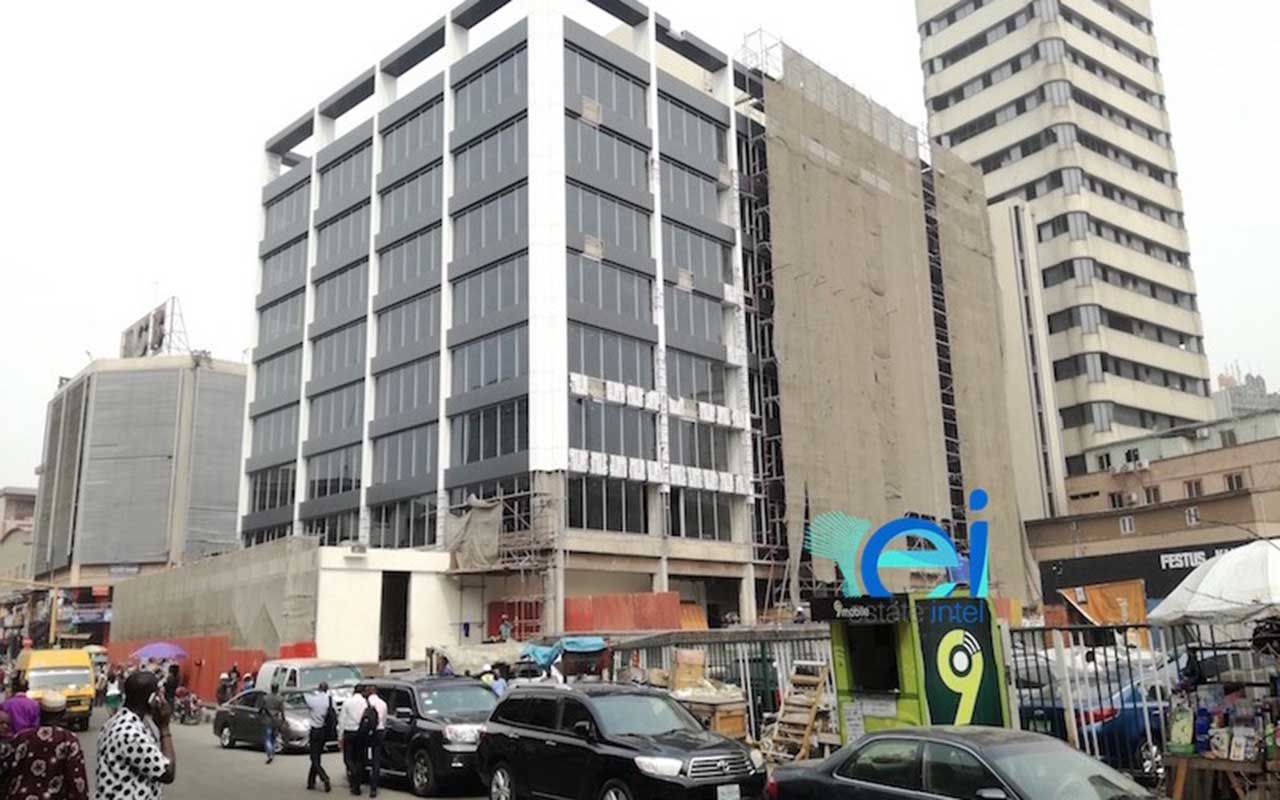
But the situation is exacerbated by the surge in electricity bills, rising cost of power facilities, as well as growing vacancies and declining property values, particularly in secondary office markets.
The operatives are lamenting that with the categorisation of energy consumption into feeder bands A, B, C and others, commercial utility bills have tripled, becoming high and negatively impacting overall operational costs.
Nigerian Electricity Regulatory Commission (NERC) recently approved the classification of electricity consumers to feeder Bands A, B, C, D, and E. Consequently, the consumers on Band A recorded a sharp increase in electricity tariffs from N68/kWh to N225/kWh, representing a 240 per cent increase, which is described as unaffordable, especially for businesses. It was later reviewed from N225/kWh to N206. 8/kWh and from N206. 80/kWh to N209.50 kWh.
In the schedule, the Band ‘A’ customers are supposed to receive 20-24 hours of electricity supply daily. Band ‘B’ subscribers enjoy 16 to 20 hours of power supply, while those in Band C receive 12 to 16 hours daily.
Band ‘D’ subscribers benefit from eight to 12 hours of power supply each day, and Band ‘E’ subscribers only receive four to eight hours of electricity supply daily. However, the most recent increase does not affect Bands B, C, D and E. Electricity consumption per unit in most retail outlets ranges from 393 to 457kWh/m2.
Under the new feeder Band ‘A’ classification, N50, 000, which was used to purchase 755 units previously can now buy about 225 units of electricity, while under the Band B classification, N25, 000, which was used to purchase over 400 units can now buy only 372.2 units.
With the current power challenge, the cost of utilising generators has also increased, as the price of diesel skyrocketed with a litre sold at over N1,100, which many operators said is not sustainable. The Guardian gathered that in some commercial facilities, an average of N2.5 million is spent monthly on diesel to augment supply from the grid.
Many tenants in commercial outlets have accepted the reality that they can no longer have a daily steady power supply. Besides the cost of electricity, tenants also suffer an increase in other service charges including security, cleaning, repairs, and lawn maintenance, which increased by over 60 per cent.
The Guardian learnt that the commercial real estate sector comprising shopping malls, office spaces, industrial and hotels is groaning under the high cost of operations triggered by the power crisis, which is dampening demand for commercial properties or space, stalling rental growth, and profitability.
A facility manager, Mr Alfred Osagie, said the challenge is such that customers are paying high tariff rate for power that is not available.
He said if power is available at the stipulated 24 hours for ‘Band A’ customers, it would be cheaper to run commercial facilities on electricity than on diesel.
On affordability, he observed that businesses are not making much profit any longer because the purchasing power of most Nigerians has dropped and operators are looking for efficient ways of running their businesses.
Osagie, who is an estate surveyor and valuer, said in some outlets, managers had cut down the hours of using generators and the central air-cooling systems.
“Instead of the mall running power from 8.00 a.m., they adjust to running the generator by 9.00 a.m., in other places, they’ll not put on air-conditioners in the morning but in the afternoon alternate by switching to smaller generators.”
He noted that managers in retail spaces run a prepaid metering system, which enables tenants, to manage their power consumption themselves and take charge of it.
According to him, the situation has gotten to a stage whereby developers don’t want to centralise power supply in new developments in the market.
“Even when they install centralised power, individual tenants now have to bring in their air conditioners and use what they can afford. People have also shifted from building large spaces to smaller ones, and more efficient buildings where sustainability features like energy-efficient components are installed.
“When we don’t have a lot of people in the malls or shops, air conditioning is now shut down and it is only the air-conditioners at the entrance that are put on. The public electricity supply spending has now tripled, yet, people still depend on their generators,” Osagie said.
Former Chairman, Nigerian Institution of Estate Surveyors and Valuers, (NIESV) Lagos branch, Mr Rogba Orimalade, told The Guardian that in the past two months, the bills on electricity consumption in all the malls managed by his firms in Lagos had increased, and becoming grossly unaffordable to tenants.
Orimalade expressed worries that when the bills are passed to tenants alongside other service charges; they complain and most times trigger arguments between the facility managers and the tenants.
The burden of higher electricity bills has forced many malls to increase their electricity bills by over 300 per cent, those previously spending N1.5 million before the increase in tariff now spend about N4 million monthly.
Narrating the situation, President of the Association of Town Planning Consultants of Nigeria (ATOPCON), Mr Adebisi Adedire, said: “In one of our facilities that cost over N500 million when it was developed, we have like 15 rooms. Two different halls, gyms, barbing salon, lounge. Before the completion of the building, we bought transformers, 12 poles, and cables.
“Power Holding Company of Nigeria (PHCN) said I couldn’t use the transformer because it would consume all the power. I had to spend over N12 million to buy another transformer. After that, l bought a 100KVA generator, which cost about N8 million. After all these, I engaged their services to install the transformer.
“Surprisingly before the commencement of the facility, PHCN started bringing bills. I wrote to them that we haven’t started operations but they said they would adjust. Before they could bring metre, I spent close to N2 million, and upon that, they said all the equipment bought belongs to PHCN!”
Subsequently, he said the facility was placed on executive power consumption with estimated billings. With this, he said sometimes, they would bring N120, 000 and other times N180, 000 and above.
“When they realised that the community had issues with electricity supply for almost three months and that I rely on generators, they continued to bring the bill. I had to write them formally because it became frustrating.
“In facilities that we rented out, some tenants have decided not to pay and currently owe between N300,000 and over N400,000, while others packed out and left the burden on the facility owner. Even where l live, the electricity supply is irregular. l spend more than N80,000 in three weeks to recharge the meter,” he lamented.
Reacting recently to the development, the Managing Director/Chief Executive Officer, Afriland Properties Plc, Uzo Oshogwe, said the situation is frustrating for businesses.
As a property management, investment and development firm, she said, the company considers other options to make the situation less cumbersome.
“We are looking at solar solutions and inverters. This was used to run air conditioners because with what we are facing now, tenants cannot keep up with service charges. A mix from the grid may be an option,” she said.






